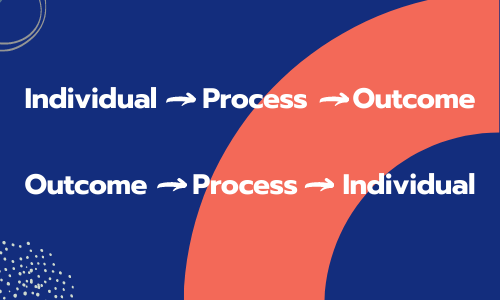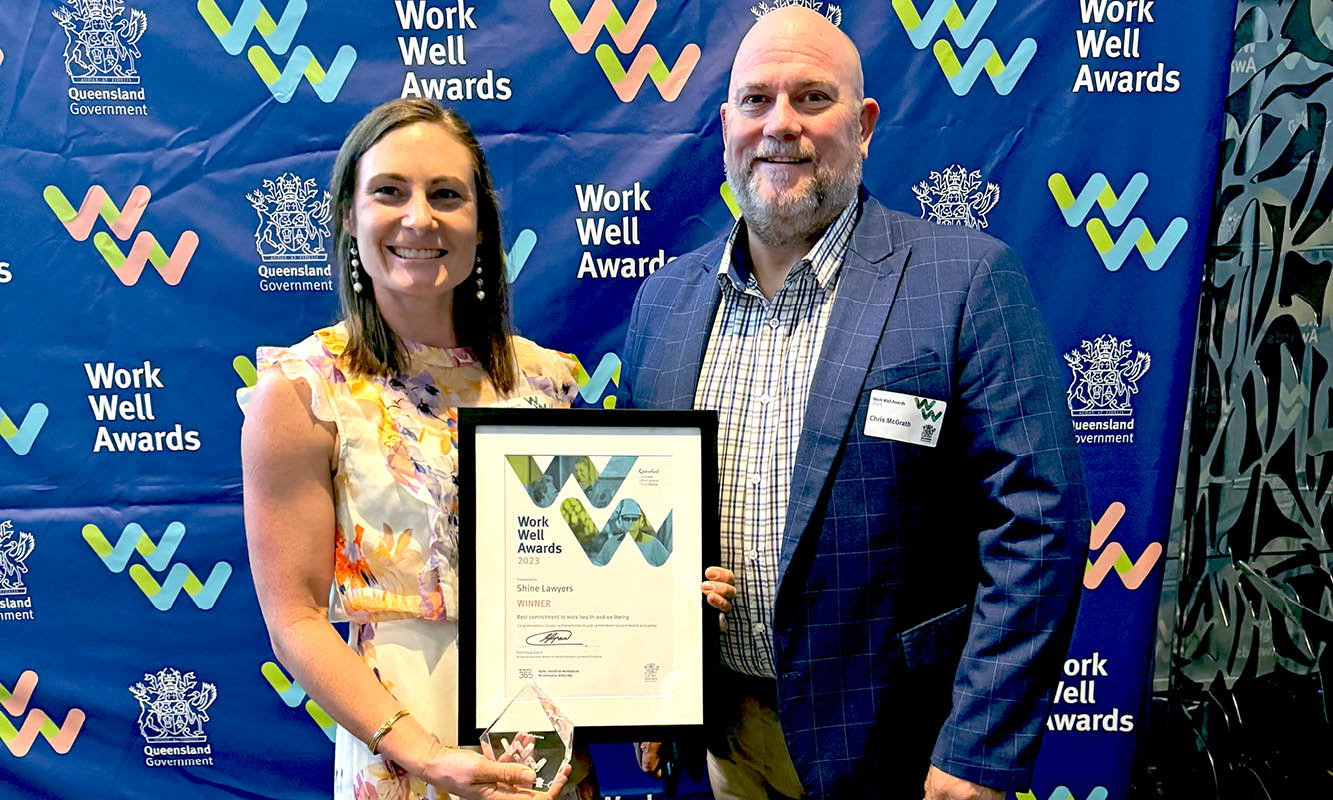Our values are intrinsic to how we interact with the world around us and how we define ourselves as individuals – so why wouldn’t we apply this theory to the way we nourish our bodies? According to Dietitian Hannah Wilson, these personal values should inform our nutrition goal setting and assist us in achieving holistic wellbeing.
How many times have we set out to lose weight only to give up two months later? Alternatively, have we achieved our goal (be it weight loss) but feel emotionally indifferent at the end of it all.
We set goals such as weight loss (outcome) with the intent to improve our confidence, discipline, mental and physical health etc. But if weight loss is the outcome, we could restrict food intake, train harder, exercise for longer and set a disciplined sleep routine for a period of time to achieve our goal – but how long will it last?
After a month in, life gets busy and weight loss may not seem as important as it once did. We reprioritise to meet that deadline or to land that new client. We work longer, stop exercising, eat all those foods that we restricted out of stress. And you guessed it, we are right back at square one, plus or minus a few kilos.
What went wrong?
I’d argue that the disconnect exists between our goal/process and what we truly value at our core.
What if we began our goal-setting process with a perspective to slowly build habits that align with who we want to be as individuals. So how do we do this?

1. Sit down and think about the kind of person you want to be?
Some examples:
- Generous
- Family-centred
- Successful in your career
- Fit, strong and healthy.
2. What are the key attributes of these kinds of people? What would these kind of people do day in day out?
Let’s use fit, strong and healthy as our example.
- Drink more than two litres of water per day
- Get eight hours of sleep
- Listen to their hunger and fullness cues
- Fuel their bodies with adequate energy
- Eat plenty of fibre
- Plan meals and snacks ahead of time
- Exercise regularly.
3. Choose one habit to focus on for the next couple of days. Once you are comfortable with that habit, build in another.
You’ll start to notice a feeling of reward as you begin to incorporate habits that align with the person you want to be. As you continue to tally up the little wins, you’ll a sense of confidence and satisfaction. We chase those happy feelings and so this positive feedback loop drives motivation to continue to practice those behaviours.
Soon enough, your statement to yourself will be, as a fit and healthy person, I exercise. This is much more powerful than, I want to be a fit and healthy person, so I guess I should exercise.
4. Persist with patience.
Habits are like learning new skills. They take more than just motivation – it takes practice and discipline. However, as mentioned in the last point, move slowly to be confident every time you take a new step. If you are focusing solely on the outcomes, you’re likely to lose motivation. Focus on the process and the sense of satisfaction you get as you embody values that make you proud.
Demonstrating outcome versus values based goals for health.
Outcome-based: I want to lose 10 kilos in the next three months because I feel a lack of control over my emotional eating patterns. I’ll do this via a calorie deficit.
- Consequence: Restriction leads to overeating (especially in the case of emotional eating). You’ll be likely to lose weight temporarily and then regain it again with interest.
Values-based: I value honouring my body cues so I want to learn to understand and manage my emotional eating. I’ll do this by completing an intuitive eating diary and finding alternative foods and activities that make me happy.
- Consequence: Building long term mindset skills – likely to reduce emotional eating behaviours which create a calorie deficit and result in weight loss.
Outcome-based: I want to run 10km because I feel lazy sitting at home. I’ll do this by running each day for the next month.
- Consequence: You’re likely to either quit after the 4 weeks (or even before then) or get injured due to increasing the load too quickly.
Values-based: I value growth and discipline and my exercise habits don’t reflect this. I enjoy running so I’m going to build up to running each day.
- Consequence: feel confident that you can include small amounts of walking/running each day. As you get fitter you can extend the distance. Eventually, you pass 10km because you have been consistent.
Hannah Wilson is an Accredited Practising Dietitian and Nutritionist directing her own private practice, All Bodies Services in East Brisbane and online. She is passionate about working with her clients to assist them in understanding the relationship between our feelings, thoughts and behaviours around food. To book in a consultation, contact Hannah@allbodiesservices.com.au.














Share this article